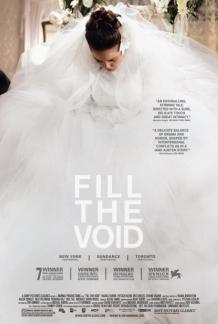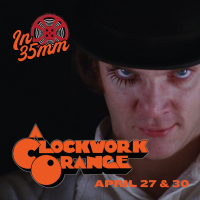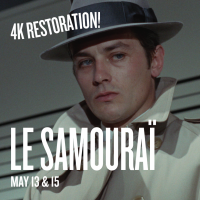Israeli director Rama Burshtein is herself ultra-Orthodox and it becomes immediately clear during her acclaimed "Fill the Void" that the viewer is being given a privileged look into a cloistered world. Burshtein captures the rituals, the tiny gestures, the intimate details of a religious life, and does so with a generous yet ever-critical eye. For most American viewers, the Haredi (the Hebrew term for ultra-Orthodox) will remain wildly exotic, and yet oddly familiar: "Fill the Void" is a family drama, after all, even though its central conflict is beyond the pale.
Shira, played with a subtle elegance by the Israeli actress Hadas Yaron, is preparing to marry some suitable young man when her sister Esther dies in childbirth, leaving behind the widowed Yochay, and an infant son. Shira's mother Rivka, terrified that her son-in-law will whisk her grandson away, starts manipulating, urging Shira to consider Yochay, arguing Yochay into marrying Shira, and putting a very formidable stamp on the Jewish-mother-movie stereotype.
Shot largely in tiny rooms, amid crowds of people, with a claustrophobic sensibility that reflects the insular world of the Haredi, Burshtein creates a one-of-a-kind portrait that nonetheless transcends its setting, and even its worldview; the dynamics are global. Shira's friend Frieda, for instance, is torn when Shira is set up with Yochay, because she feels herself to be next in line, and desperately wants to avoid the fate of the armless, husbandless Aunt Hanna, who defines the woeful fate of the unmarried Orthodox woman. But it's Aunt Hanna who possesses much of the real wisdom in "Fill the Void," and reflects much of what its director wants to accomplish, within her truly marvelous film.
























